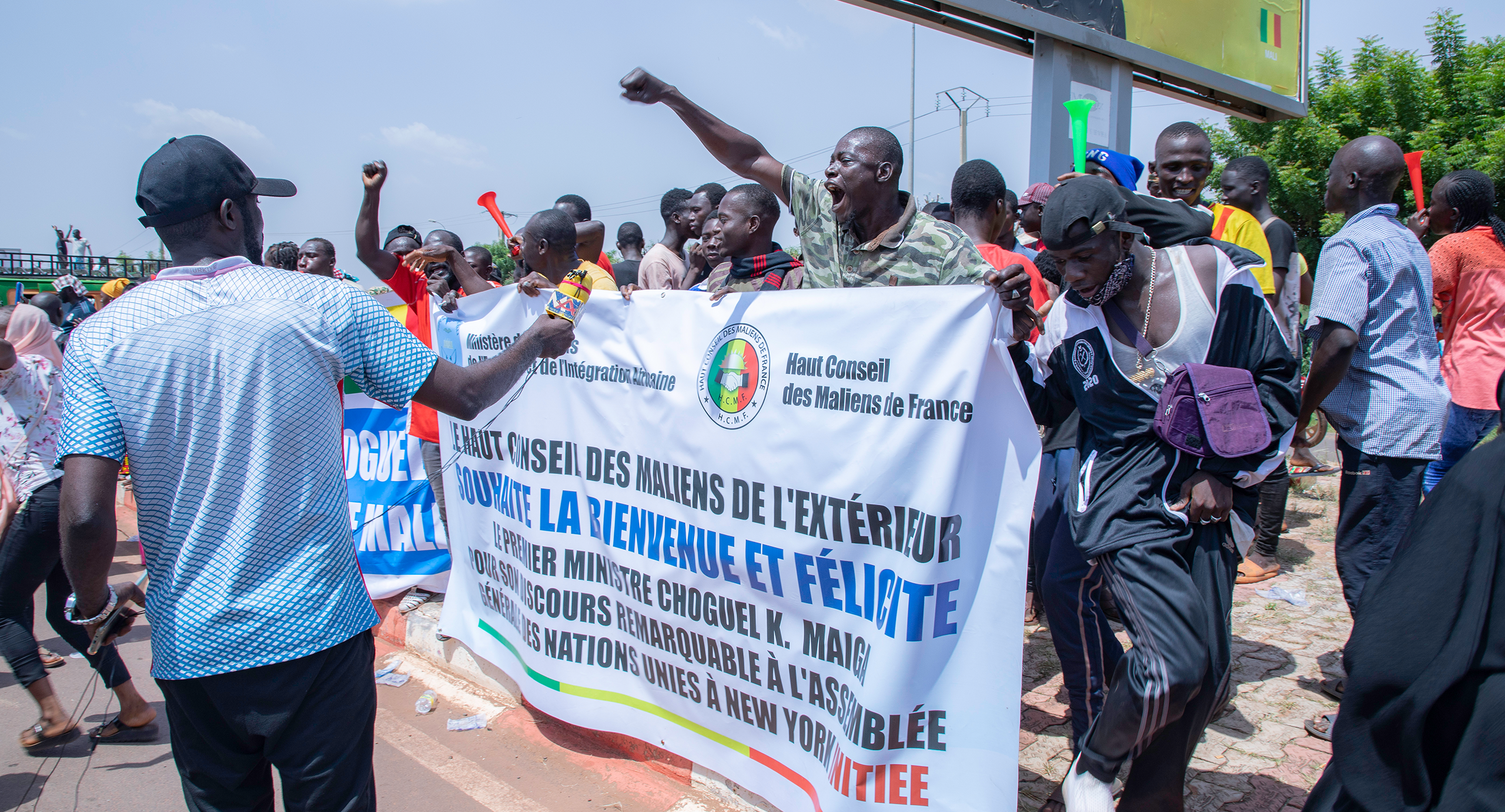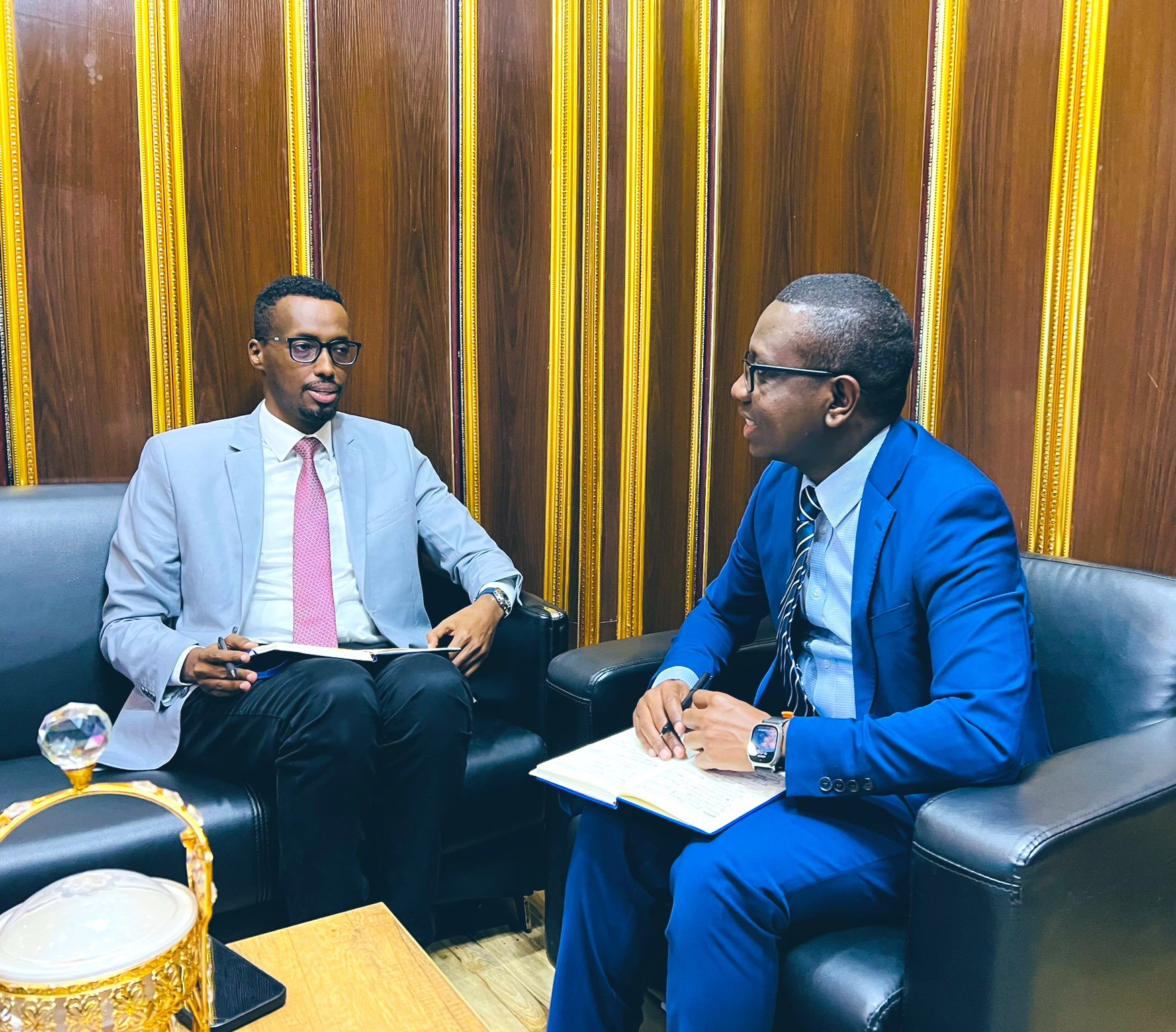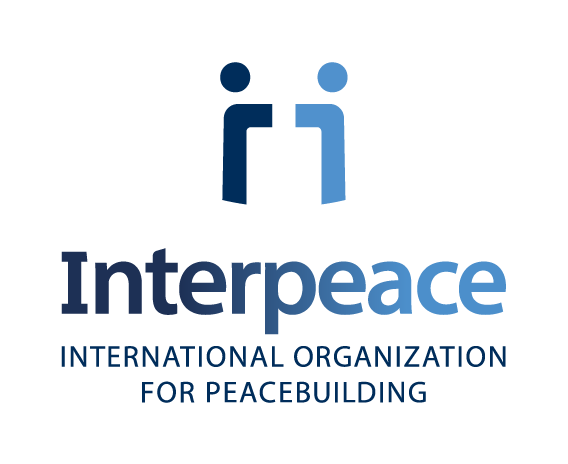Applying the findings of the Rethinking Stability initiative in Somalia







Applying the findings of the Rethinking Stability initiative in Somalia
In the last 20 years, international stabilisation missions have become a major element of international interventions in conflict-affected settings. Mandated to improve the stability and peace of communities experiencing armed conflict, their stated purpose is to reduce violence and lay the foundations of longer-term security. In practice, they have often failed to meet their stated goals, and in many instances have even worsened local conflict dynamics. In response, some local populations have demanded to know whose interests are being prioritised, while some observers have doubted that such operations, as they are currently designed, in fact assist local and national actors to manage their security challenges.
To address these concerns, Interpeace implemented a two-year initiative, called Rethinking Stability, in partnership with the Atlantic Council and with support from a number of strategic partners. Through a series of local, national and international dialogues, bilateral meetings, and original research papers, the programme revisited and questioned the conceptual and operational norms behind stabilisation efforts, with the aim of improving the effectiveness of future missions to promote peace and protect communities in such contexts. At the end of 2022, two papers were published that set out the challenges for stabilisation efforts and made recommendations for their improvement.

In December 2022, Interpeace convened a high-level closed gathering for representatives of Somali national authorities, security actors, and the peacekeeping leadership of the AU Commission, as well as the new Ambassador for ATMIS. The meeting’s aim was to determine what can be done to ensure that the ATMIS mandate can lead to a genuine and time-limited transition in Somalia with meaningful peace-oriented outcomes. The meeting took place after a recent security offensive against Al-Shabaab and the liberation of Hirshebelle and Galmudug districts, which both national Somali authorities and stabilisation actors such as ATMIS consider to be important successes. The participants acknowledged that the Rethinking Stability initiative offers valuable lessons for consolidating stability and ensuring that local populations benefit in a durable manner from peace gains that accompany military gains. Interpeace signed a Memorandum of Understanding with the African Union in 2022, and will seek to apply the project’s findings to the work of ATMIS in order to make a positive and practical difference on the ground in 2023 and beyond.







